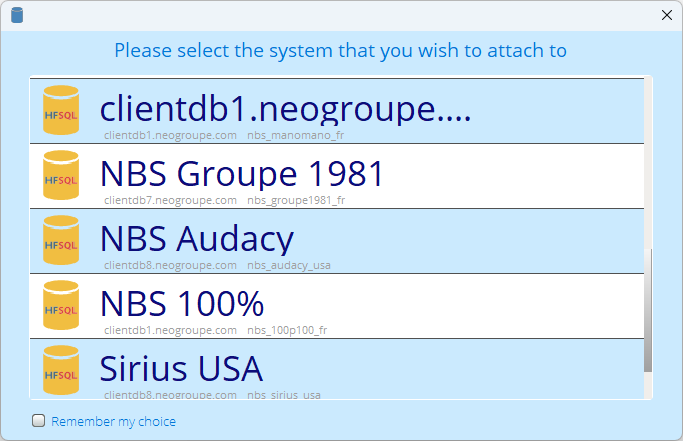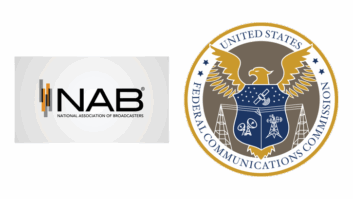A recent Radio World ebook explored the trend toward more and more functions of a radio station being offered “as a service” to broadcasters.
This interview is excerpted. Philippe Halin, the CEO of NeoGroupe, has worked in IT for radio and television broadcasters since 1994, and has a particular interest and expertise in intuitive database applications.
Radio World: How are service models showing up at your company?
Philippe Halin: NeoGroupe started offering cloud-based database hosting four years ago, based on client suggestions. This was in addition to our software product licenses, which were already available under a subscription model.
We now offer hosting of our client’s database in our front-end servers, where it is closest to their operations — in Oregon and Washington, D.C., in the United States; in Quebec City in Canada; and in France, Germany, the UAE and Singapore — as well as strong security and backup, replication, failover and monitoring services.
We have seen quite a number of clients selecting our cloud-hosted database offering because, first, they do not want to be bothered with another server — electricity, maintenance, OS upgrades, obsolescence, security, exposing IP ports, insurance — and second, their faith in data security has increased. Part of this success is in showing clients the security measures that are in place at the vendor. Security is a whole topic in itself.

RW: What are the business implications of the operating vs. capital expense approaches?
Halin: Talking about software solutions, there isn’t much difference if you plan to use your “something” in the long run.
Cap-ex offers you a “perpetual” license; it will run forever or until that server dies. You have a financial commitment up to the price of the license; and you must finance the price of the product up front.
The data is yours whether the database is on premise or in the cloud.
If support and upgrades are renewed yearly, those are operating expenses and are in addition to the overall cost. With cap-ex, if you don’t renew, the solution is likely less costly, but then it has no support and can become obsolete.
With op-ex, on the other hand, you get a “subscription” license; and if you stop the subscription, your product will not run any longer. The financial commitment is far smaller than paying up front; the cost is leveraged over months and years. And if you want to leave, there’s usually no long-term commitment that would represent a high cost. So the financial risk is smaller, especially if plans change.
The op-ex approach usually includes support and upgrades. And the data is also yours whether the database is on premise or in the cloud.
As a side note, consider that renewal of support, updates and subscriptions are a way to increase the likelihood that the software editor still operates a few years from now. At least this has been the case for us, as the company is now 20 years old.
Also, subscription may lead the developers to innovate existing solutions, more so than with cap-ex, because their revenue is linked directly to the satisfaction of their customers over time.
As a general tendency, we noticed that customers on smaller budgets tend to prefer purchasing licenses and not renewing support. This is riskier in terms of operations, as opposed to those who select a subscription model in order to ensure business continuity.

RW: Is the service model idea limited to software?
Halin: No, of course it can be applied to other domains. We have seen some studio builders offering maintenance contracts on equipment sold previously, so the stations can benefit from setup, training and maintenance services from qualified personnel on gear with a lifespan that extends over the product warranty.
RW: One engineer told us, “Service models cause a headache because capex-friendly purchases now require op-ex to continue functioning, especially for cloud services.”
Halin: This was already the case for software licenses. If “capex-friendly” means costing less over five years, with no op-ex maintenance, it is at the expense of not covering the risk of downtime with the product.
RW: What are the advantages or disadvantages of being “cloud native”?
Halin: Most systems now can be “on premise” or “in cloud.” If you are “cloud only,” obviously a secured failover and redundant internet access are required to continue operations. We are still seeing businesses running off a single ISP connection, with no backup system in place that will automatically switch over in case of failure.
This should be part of the security evaluations that a business needs to conduct: “What happens if I have not paid my ISP bill?” “What if a truck destroys the fiber closet down the street?”
RW: What other questions should a technology buyer keep in mind when shopping for a licensed- or subscription-based service?
Halin: What is the subscription commitment duration? What about level of service — how long can the service be inoperative in a year’s time? What are the options for the data left behind when canceling the service? What security measures are in effect at the service provider?







